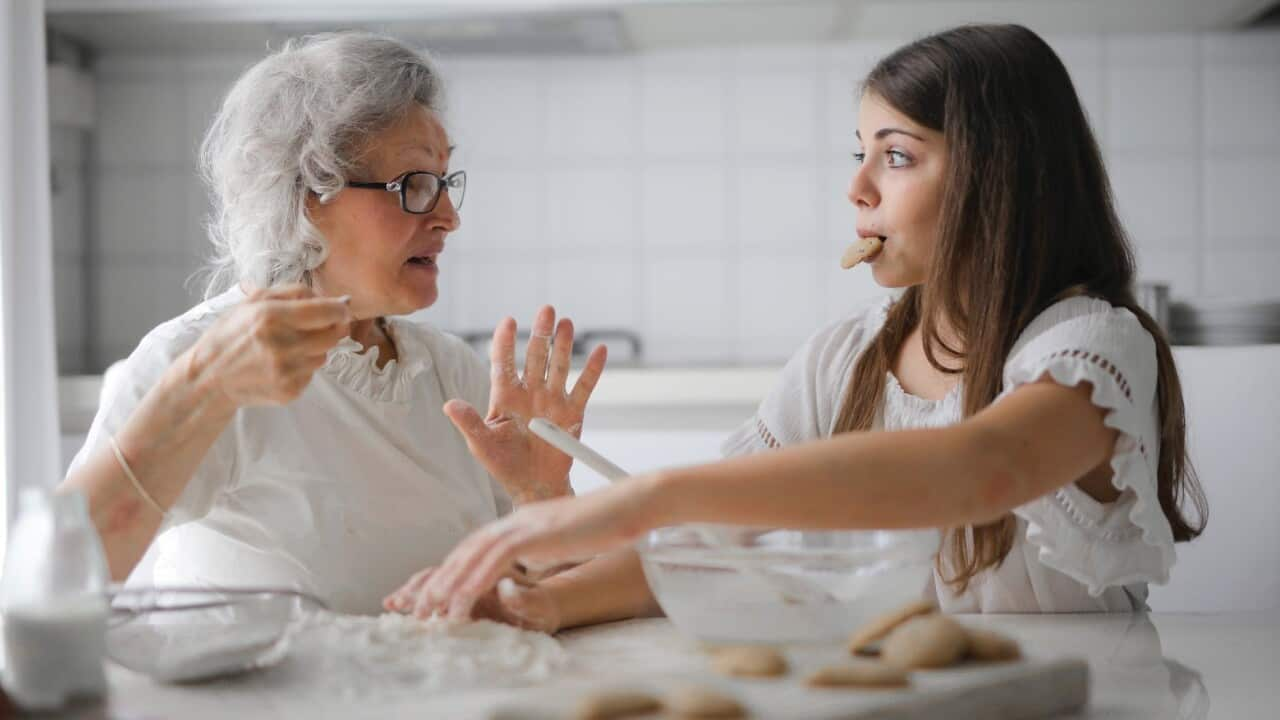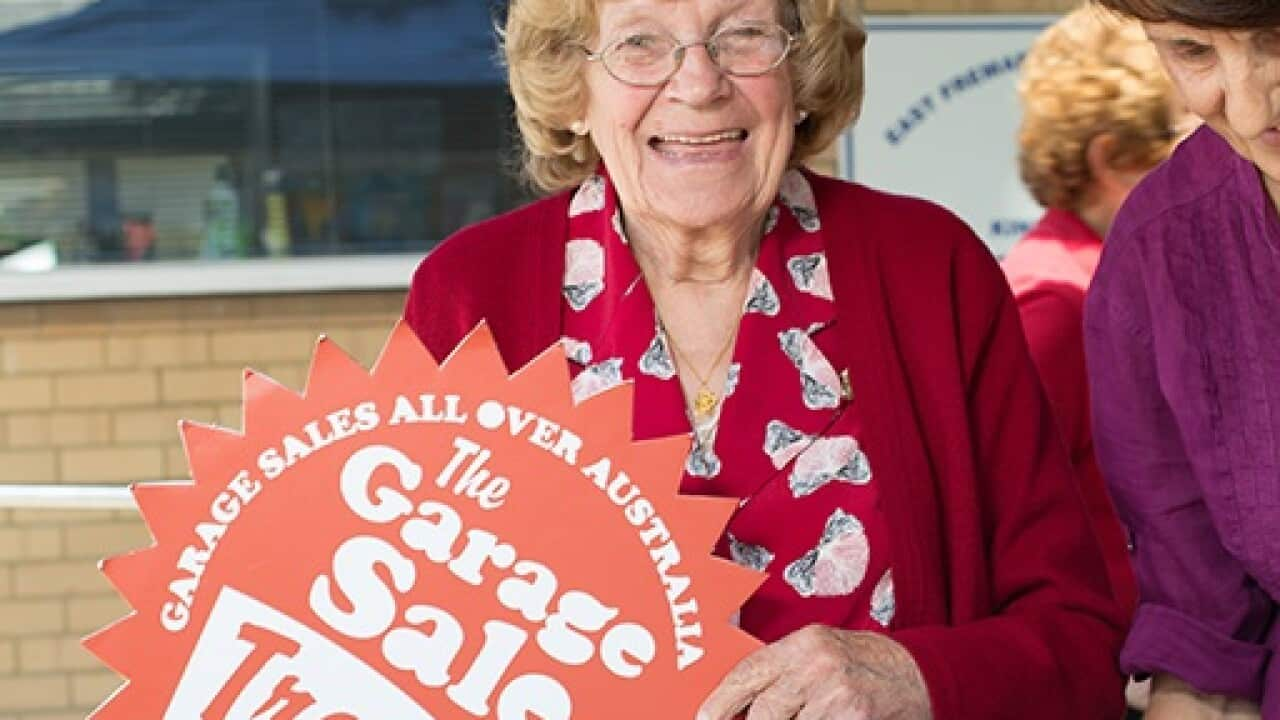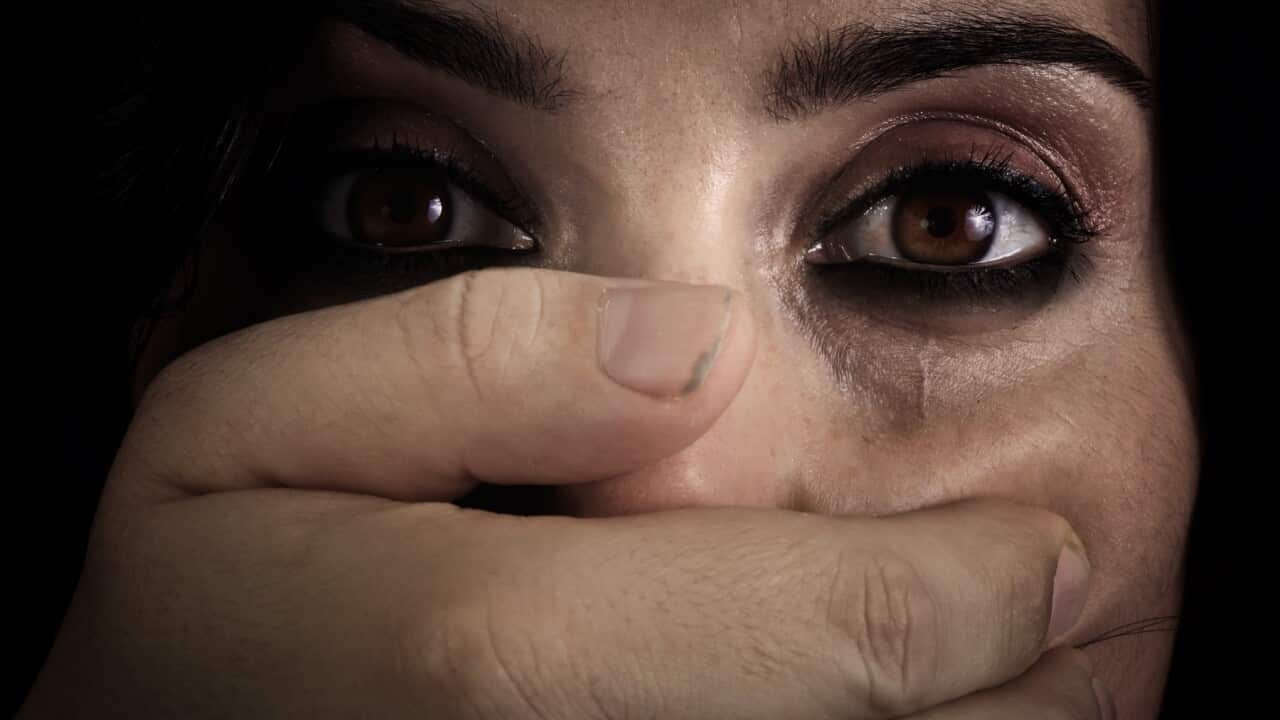Paola, a listener calling from Sydney, sent via sms a saying in Neapolitan: 'tene' o cane int'a sacca', tiene un cane in tasca= è tirchio" (he has a dog in his pocket, meaning: he is stingy).
Piera commented on our Facebook page: "Free cheese is only found in traps is my favourite, but my number one is one my grandma used to say, when she wanted to let us know she knew what we were planning... Conosco i miei polli (literally: I know my chickens, meaning: I know who I am dealing with).
Idiomatic expressions can be hard to grasp when learning a new language, but often they have an emotional value in our own too.
The Institutes of Culture of Austria, France, Germany, Italy and Spain have launched a competition to celebrate European languages which centres around these colloquialisms.
It is called and it's held on Facebook and Instagram, where Australian residents are invited to share pictures representing idiomatic expressions in a European language.
We talked to our listeners but also interviewed Fabio Spadi, Deputy Head of the European Union Delegation to Australia, and Kylie Doust, who is Melbourne's Italian Cultural Institute course coordinator.
Listen to the program in Italian:
LISTEN TO

Modi di dire ed espressioni idiomatiche: quali conoscete?
SBS Italian
03/09/202027:24
Metropolitan Melbourne residents are subject to Stage 4 restrictions and must comply with a curfew between the hours of 8pm and 5am. During the curfew, people in Melbourne can only leave their house for work, and essential health, care or safety reasons.
Between 5am and 8pm, people in Melbourne can leave the home for exercise, to shop for necessary goods and services, for work, for health care, or to care for a sick or elderly relative.
All Victorians must wear a face covering when they leave home, no matter where they live.
People in Australia must stay at least 1.5 metres away from others. Check your state’s restrictions on gathering limits.
If you are experiencing cold or flu symptoms, stay home and arrange a test by calling your doctor or contact the Coronavirus Health Information Hotline on 1800 020 080.
News and information is available in 63 languages at





